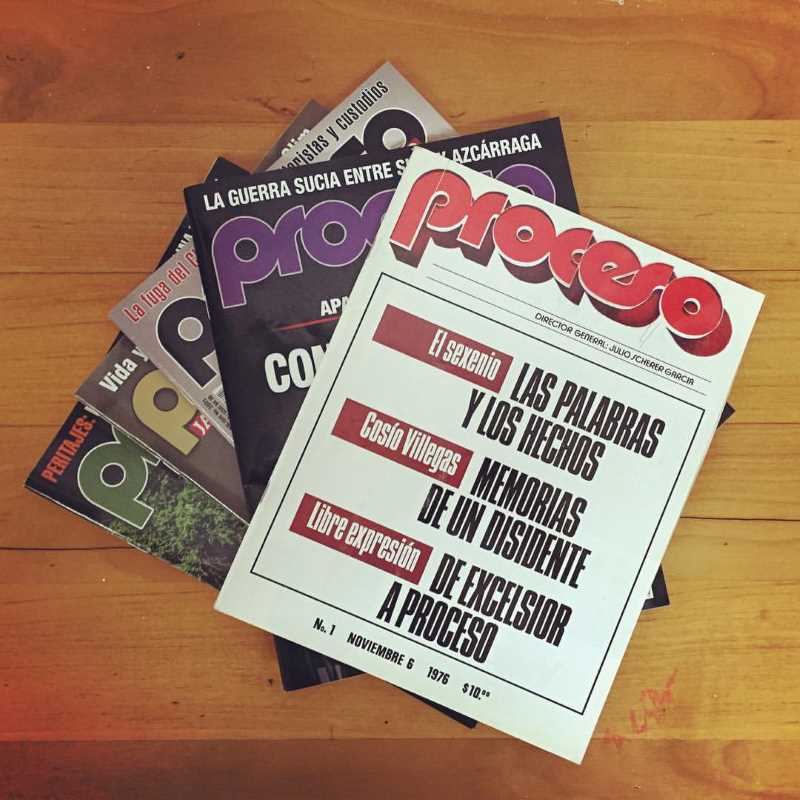Proceso Magazine and Mexico's Press Under Dictatorship
Mexico's dictatorship silenced the press, but Proceso magazine dared to speak. Under surveillance by the regime, it exposed the Dirty War, becoming a symbol of journalistic courage.

In a Mexico where typewriters clicked rhythmically instead of rebelling, the press was anything but free. The 1960s and 1970s painted a grim picture of state-controlled narratives, a journalistic narrative interspersed with the fine lines of self-censorship and dictated headlines. Newspapers weren't instruments of the truth; they were megaphones echoing the voice of power. Then, a defiant flicker appeared amidst this twilight of free expression – Proceso magazine.
Founded on November 6, 1976, by the fearless journalist Julio Scherer García, Proceso was born a rebel. It dared to speak of Mexico's 'Dirty War', a chapter stained with disappearances, torture, and a determination to silence dissent. While other periodicals bowed to the pressure, Proceso defiantly stood tall, a beacon of defiant ink defying the stifling air of mandated silence.




